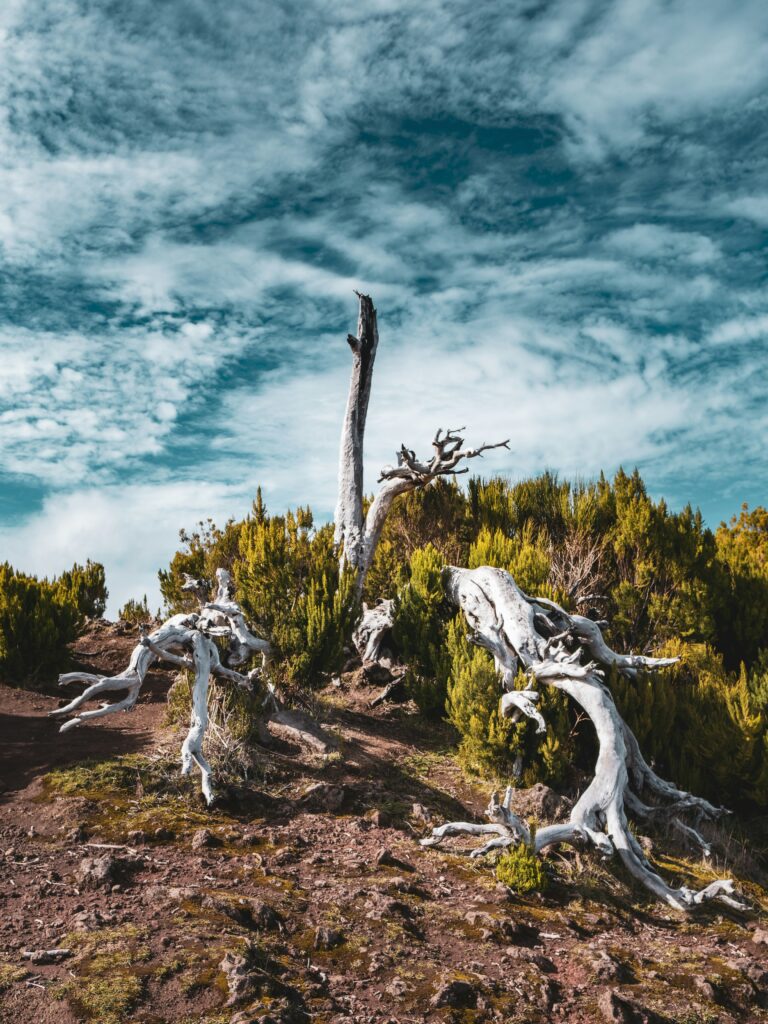⏱️ Estimated Reading Time: 5 min read
One thing I love about Advent is the music accompanying the season. These impressionable tunes are not just catchy but are also intertwined with childhood memories that fuse in my mind. Each listen of a Christmas song is like a resurrection of these fond memories every year. One of these memories growing up was attending our church’s annual candlelight Christmas Eve service. There was always a medley of Christmas songs that began with “Joy to the World.” I love the triumphant declaration of the first chorus.
Joy to the world! the Lord is come;
Let Earth receive her King;
Then, the call to “Let every heart prepare him room.” The first verse finishes with the harmonizing of,
And heaven and nature sing,
And heaven and nature sing,
And heaven, and heaven, and nature sing.
Usually, after this verse, the worship team picks up another song, and the praise continues. But, believe it or not, I never heard all of the verses to the song. It wasn’t until a couple of years ago that I listened to the third verse and was struck by the profound depth of theological truth.
No more let sins and sorrows grow,
Nor thorns infest the ground;
He comes to make His blessings flow
Far as the Curse is found,
Far as the Curse is found,
Far as, far as, the Curse is found.
I was struck by the reality of what we were singing about the reason for joy to be proclaimed to the world – that Jesus comes to make His blessings flow far as the Curse is found.
But what does that mean? What is this Curse, and what is its impact?
The Curse refers to the curse God gave to all creation due to sin. When Adam and Eve sinned in the Garden, not only did they permanently sever their perfection and right standing with God, but sin entered the created world as well. One of the immediate consequences was the introduction of death. Before the Fall, death was not part of God’s good and perfect creation. But because the “wages of sin is death,” once God was disobeyed, and the forbidden fruit was eaten, all God’s created beings will now die. This applies in the spiritual and physical realms. Man is spiritually dead (Ephesians 2) and will also physically die as just punishment for his sin. Animals will also die and suffer as a consequence of sin.
Additionally, God tells Adam, “The ground is cursed because of you” (Gen 3:17). Adam will now till the Earth in “painful labor” (Gen 3:17). Labor that will be increased because the ground “will produce thorns and thistles” (Gen 3:17). Thorns have hampered development, and sin has reduced agricultural potential. Therefore, all of our current agricultural products are inferior to what they were intended to be. The smell of wildflowers stinks compared to how they were designed to smell. This means that the high yields of wheat in summer are less than they were created to produce. The tasty strawberry in summer is less than God intended, and a beautiful sunrise would be more beautiful if sin had not entered the world. Indeed, if sin didn’t exist, all of nature would be incomparably better because the physical creation would purely reflect the glory of God.
Nature itself is even aware of this reality. “For the creation eagerly waits with anticipation for God’s sons to be revealed. For the creation was subjected to futility—not willingly, but because of him who subjected it—in the hope that the creation itself will also be set free from the bondage to decay into the glorious freedom of God’s children” (Romans 8:19-22). But the story, of course, doesn’t end there because the Son is coming. The Creator Himself is coming to make all things right again.
So, what are the blessings that the King brings? Put simply, they are a creation and sinful people rightly restored to their original design, at peace and in fellowship with God. Having been reconciled and together with God again, we become fully human, entirely who we were made to be.
This is the power and magnitude of this beloved Christmas carol. It reminds us of the scope of Jesus’ redemptive power. “For from him and through him and to him are all things” (Romans 11:36). To him are ALL things. And because all things have been affected by sin, He must “reconcile everything to himself, whether things on earth or things in heaven, by making peace through his blood, shed on the cross” (Colossians 1:20).
Let that sink in.
We are reminded of the severity of the Curse and the extent of its impact, only to be pointed to the width and breadth of Christ’s finished work at the cross. This work is not merely the reconciliation of mankind to God (which is miraculous) but also the redemption of even nature itself. For “the world is the Lord’s and all that is in it” (Psalm 24:1). The bleakness of the Curse, therefore, intensifies the joy of the Cure. This reality should inspire awe and worship.
Christmas is about the Son coming to Earth to save and reclaim that which is His. His arrival promises us that all will be made right one day, and we will enjoy Him and His creation forever. May we sing with hearts anew:
Joy to the world! the Lord is come;
Let Earth receive her King!
Jacob is a committed husband, father, and teacher. He has taught social studies for over a decade in the US and internationally. He has written Right Before the Bell: A Teacher’s Weekly Devotional to help teachers use God’s Word to shape their classrooms. He is also the author of Hope to Win the War: How Pornography Enslaves and the Truth Frees. He loves reading, watching movies, hiking, and eating great food. Jacob also has the privilege of serving as an elder in his local church, and one of his greatest desires is to see people become all that God made them to be. He lives and teaches overseas with his wife and two children.




